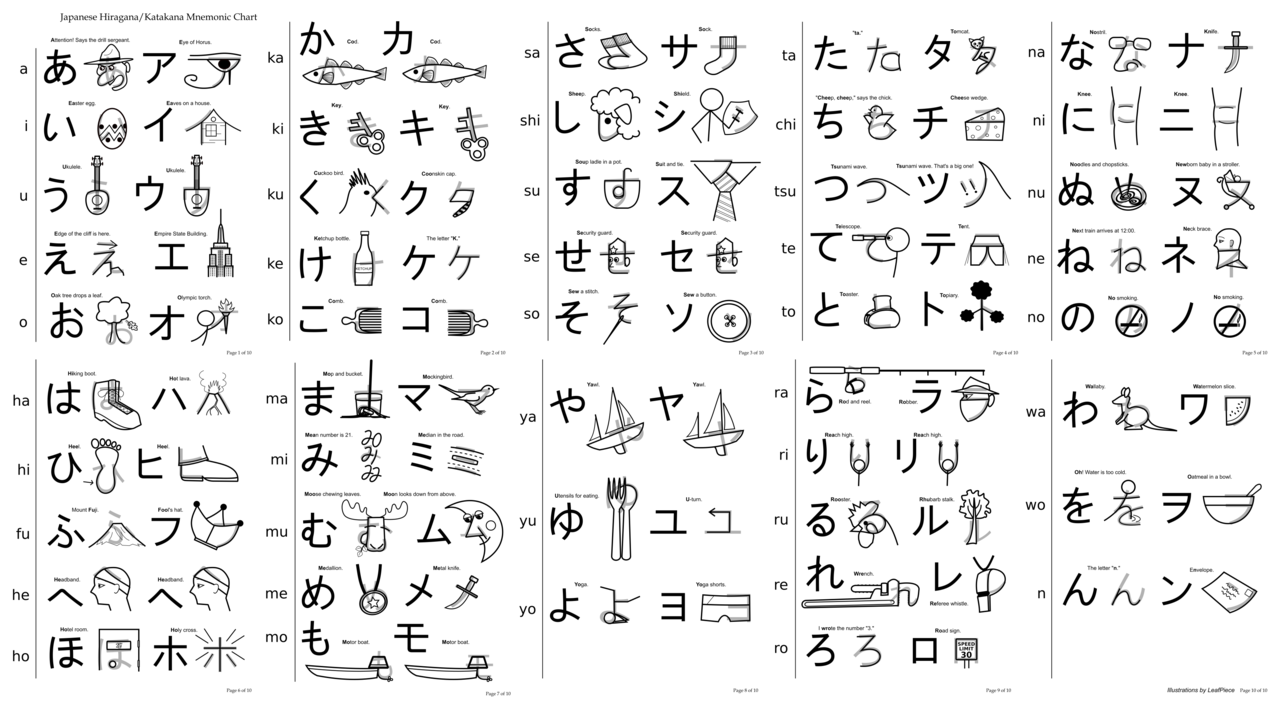Nationalities in French
 by Admin
by Admin
 Share :
Share :

Are you learning French and wondering how to express the nationality of someone or refer to a particular country in French? In this guide, we will explore how to talk about different nationalities and countries, as they are pronounced in French.
Les Nationalités in French
The word for nationality in French is 'nationalité.' To express someone's nationality in French, you usually add an adjective to the end of the country's name. For example, to say 'I am French,' you would say 'Je suis français' if you are a man or 'Je suis française' if you are a woman.
Here are some examples of different nationalities in French:
The Different Nationalities in French
| English | French Masculine | French Feminine |
| American | Américain | Américaine |
| British | Britannique | - |
| Canadian | Canadien | Canadienne |
| Chinese | Chinois | Chinoise |
| German | Allemand | Allemande |
| Italian | Italien | Italienne |
| Japanese | Japonais | Japonaise |
| Mexican | Mexicain | Mexicaine |
| Spanish | Espagnol | Espagnole |
| Germany | Allemand | Allemande |
| Italy | Italien | Italienne |
| Spain | Espagnol | Espagnole |
| Portugal | Portugais | Portugaise |
| Canada | Canadien | Canadienne |
| Mexico | Mexicain | Mexicaine |
| Brazil | Brésilien | Brésilienne |
| United States | Américain | Américaine |
| China | Chinois | Chinoise |
| Japan | Japonais | Japonaise |
| South Korea | Coréen | Coréenne |
| France | Français | Française |
| Australia | Australien | Australienne |
Different Nationalities in French: Common Phrases and Expressions
Now that we have covered some of the basic nationalities in French, let's look at some common phrases and expressions that you can use in everyday conversation.
| French Phrases and Expressions | English Translation |
| Quelle est votre nationalité? | What is your nationality? |
| Je suis français / Je suis française. | I am French. |
| Il est espagnol / Elle est espagnole. | He/She is Spanish. |
| Nous sommes canadiens / Nous sommes canadiennes. | We are Canadian. |
| Les nationalités différentes enrichissent la culture. | Different nationalities enrich the culture. |
Tips for Learning and Practising Nationalities in French
Learning nationalities in French can be challenging, especially if you're new to the language. However, with some helpful tips and strategies, you can make the process easier and more enjoyable.
Here are some tips for learning and practising nationalities in French:
Start with the basics
Begin by learning the most common nationalities in French and their corresponding countries. Practise pronouncing them and using them in simple sentences.
Use flashcards
Flashcards are an effective way to memorize new vocabulary. Write the country and its corresponding nationality on one side of the card and the English translation on the other side. Review them regularly until you can recall them quickly and easily.
Practice with native speakers
Find a language exchange partner or tutor who can help you practise speaking French and using nationalities in context. This will improve your pronunciation and comprehension skills.
Watch French movies and TV shows
Immersing yourself in French media can help you learn new vocabulary and get a better sense of the culture. Pay attention to how nationalities are used in different contexts.
Use online resources
There are many online resources available that can help you learn and practice nationalities in French. You can learn French from Auriv Learning’s experienced French tutors.
Book a FREE class now!
Cultural Insights and Perspectives on Nationalities in French
Nationalities in France are closely tied to the country's history and culture. Understanding the cultural insights and perspectives associated with each nationality can help you gain a deeper appreciation for the language.
Here are some cultural insights and perspectives on nationalities in French:
French Identity
- Nationality is an important part of French identity.
- The French are proud of their language and culture and value diversity.
Regional Differences
- France is a diverse country with many regional differences.
- Each region has its own distinct culture and traditions, which can influence the way nationalities are perceived.
Language Politics
- Language politics is a sensitive topic in France.
- Some regions, such as Brittany and Alsace, have their own languages and dialects that are recognized by the government.
- This can influence the way nationalities are perceived in those regions.
Colonialism
- France has a complex history of colonialism, which has influenced the way it interacts with other cultures and nationalities.
- This history can affect the way nationalities are perceived in French society today.
Multiculturalism
- France is a multicultural country with many immigrants and expatriates.
- This diversity has enriched French culture and language.
- It has led to the development of new nationalities and ways of speaking French.
Frequently Asked Questions about Nationalities in French
How do I know when to use "français" versus "française"?
"Français" is the masculine form of the adjective, used to describe a male person, while "française" is the feminine form, used to describe a female person.
Are there any exceptions to the gender rules for nationalities in French?
Yes, there are a few exceptions. For example, "Canadien" can be used for both males and females and "Belge" can be used for both Belgians and their countries.
How do I pronounce nationalities in French?
French pronunciation can be tricky, but there are some general rules to follow. For example, in "allemand" (German), the "d" is silent, and the "a" is pronounced like "ah". In "japonais" (Japanese), the "j" is pronounced like the "s" in "measure", and the "ai" is pronounced like "ay".
Can nationalities in French be used as nouns?
Yes, nationalities in French can be used as both adjectives and nouns. For example, "Il est français" (He is French) and "Le Français" (The Frenchman).
How do I know which preposition to use with nationalities in French?
Generally, the preposition "de" is used with nationalities to indicate a person's origin or nationality. For example, "Je suis de France" (I am from France). However, other prepositions may be used in certain contexts, such as "à" for indicating someone's residence or "en" for indicating someone's country of birth.
Learning and using nationalities in French takes practice and patience, but with these tips and insights, you can deepen your understanding of the language and its cultural context.
Conclusion
In conclusion, learning how to talk about different nationalities and countries in French is an important step in mastering the language. By using the examples and phrases covered in this guide, you will be able to confidently express yourself in French and connect with people from different cultures.
Related Blogs:
Is the French Language Easy to Lear...
Est-ce que la langue française est facile à apprendre?
Could you catch anything? Don’t worry, it's the French translation of the topic of this blog.
However, you might be able to...
Is Spanish Easy to Learn?
Undoubtedly, learning a foreign language can do wonders for one’s career. For this very reason, students have been increasingly interested in Spanish. Not only is Spanish the second most spoken ...
Read moreIs Japanese Easy to Learn?
yxzJapanese can be considered a difficult language to learn for native speakers of English. This is because Japanese has a unique writing system, consisting of three scripts: hiragana, katakana, and k...
Read more
Find the Best Tutors for All Your Learning Needs
We provide tutors for all academic subjects, extracurricular activities, and foreign languages. Our tuition caters to all boards of education- CBSE, ICSE, IGCSE & IB. At Auriv Learning, anyone can learn anything.
Book a Demo






 Auriv Learning Kerala, India
Auriv Learning Kerala, India +91 95673 18555
+91 95673 18555  info@aurivlearning.com
info@aurivlearning.com